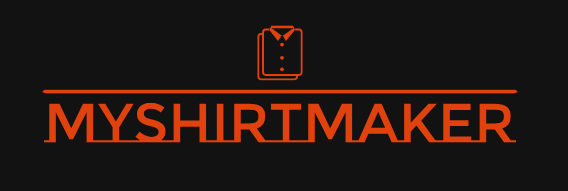New SBA Loan Rates for Real Estate Projects

Understanding the SBA 7(a) Loan Program for Real Estate
The Small Business Administration (SBA) 7(a) loan program is a popular choice for real estate developers and investors seeking financing for various projects. These loans are government-backed, meaning the SBA guarantees a portion of the loan to lenders, making them more willing to offer favorable terms to borrowers. This translates into potentially lower interest rates and more flexible repayment options compared to conventional commercial loans. The program is designed to support small businesses in acquiring, constructing, or renovating commercial properties, including office buildings, retail spaces, and multi-family dwellings.
New SBA Loan Rates: A Closer Look at Recent Adjustments
The SBA doesn’t set a fixed interest rate for 7(a) loans. Instead, rates are determined by the lender based on several factors, including the borrower’s creditworthiness, the loan amount, the type of property, and prevailing market interest rates. Recently, we’ve seen fluctuations in these rates, largely mirroring broader economic trends and the Federal Reserve’s monetary policy. While specific numbers change frequently, it’s essential to check with multiple lenders to compare current offerings. It’s also important to note that the SBA’s guarantee fee will also impact your overall cost of borrowing.
Factors Influencing Your SBA Real Estate Loan Rate
Your personal credit score plays a significant role in the interest rate you’ll receive. A higher credit score typically leads to a lower rate. The amount you’re borrowing also influences the rate; larger loans may come with slightly higher interest rates. The type of real estate project also matters. Loans for riskier ventures or those with less stable income projections might carry higher rates. Finally, the lender themselves plays a role – different lenders have different underwriting criteria and risk tolerances which impact the interest rates they offer.
Navigating the Application Process for SBA Real Estate Loans
Applying for an SBA 7(a) loan requires thorough preparation. Lenders will scrutinize your business plan, financial statements, and personal credit history. A well-prepared application showcasing a strong business case, detailed financial projections, and a solid understanding of the real estate market increases your chances of approval and a favorable interest rate. Engaging a qualified commercial real estate broker or loan specialist can greatly streamline this process and help you navigate the complexities of the application and secure the best possible terms.
Comparing SBA Loan Rates with Conventional Financing Options
While SBA loans offer the benefit of government backing, it’s crucial to compare their rates with those offered by conventional lenders. Conventional commercial real estate loans might have slightly lower rates in certain market conditions, but they usually require a larger down payment and stricter eligibility criteria. The decision of whether to go with an SBA loan or a conventional loan hinges on a careful assessment of your financial situation, risk tolerance, and the specific terms offered by different lenders. Often, SBA loans are more accessible to borrowers with less-than-perfect credit, making them a valuable alternative.
Tips for Securing the Best Possible SBA Loan Rate
To maximize your chances of getting a competitive rate, improve your credit score before applying. Prepare a meticulous and comprehensive business plan demonstrating the viability of your project. Shop around and compare offers from multiple SBA lenders, as rates can vary significantly. Thoroughly understand the terms and conditions of the loan agreement before signing. Don’t hesitate to negotiate – lenders are often willing to adjust terms to attract borrowers. Finally, seeking advice from financial professionals can be invaluable in making informed decisions.
The Long-Term Implications of Your Choice
The interest rate on your SBA loan significantly impacts your long-term financial health. A seemingly small difference in the interest rate can translate into substantial savings or losses over the loan’s lifespan. Careful consideration of the total cost of borrowing, including interest payments, fees, and closing costs, is crucial. Remember to factor in potential future interest rate changes and the impact on your monthly payments. Making informed choices about your financing will contribute to the overall success of your real estate venture. Learn more about SBA real estate loans here: [myshirtmaker.net](https://myshirtmaker.net)









